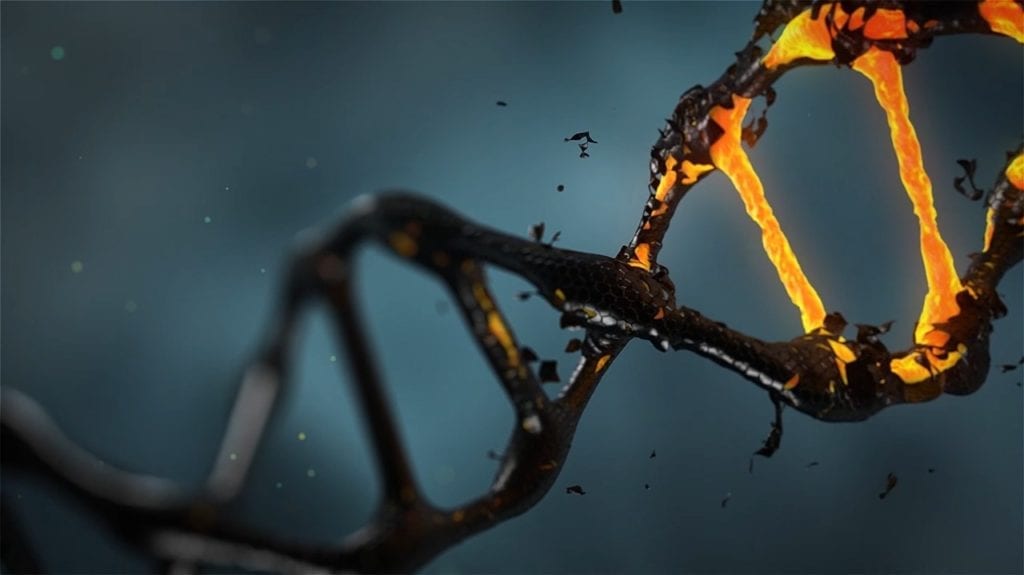According to a story from medicalresearch.com, recent research has revealed that many pancreatic cancer tumors appear to have vulnerabilities to treatments that take advantage of genetic mutations that are present in the tumors. In many cases, these pancreatic cancer tumors may respond to treatments that are not normally used for pancreatic cancer. Pancreatic cancer is a highly dangerous form of cancer with low survival rates, so new, innovative approaches to treatment are desperately needed.
About Pancreatic Cancer
Pancreatic cancer is cancer that affects the pancreas, a glandular organ that is located behind the stomach. This cancer rarely causes symptoms in the early stages, so it is often discovered when it has reached an advanced stage and has begun to metastasize (spread) to other parts of the body. Potential risk factors for pancreatic cancer include old age, being male, being of African-American descent, family history, pancreatitis, obesity, diabetes, alcohol, smoking cigarettes, and a diet high in red meat, processed meat, or meat cooked at very high temperatures. Symptoms of pancreatic cancer include jaundice, random weight loss and appetite loss, upper abdominal pain, constipation, nausea, and diabetes. Pancreatic cancer has very poor survival rates, with the five year survival rated at just five percent. When the cancer is discovered early, five year survival increases to 20 percent. To learn more about pancreatic cancer, click here.
Discovering Mutations
To determine if a pancreatic cancer tumor could be vulnerable to certain drugs, genetic analysis must be conducted on the tumor in order to identify potential mutations. In the past, the medical community believed that pancreatic cancer tumors almost never had any genetic abnormalities that could be exploited. Researchers found that about 27 percent of patients had tumors with mutations that could be treated, and this percentage could rise to nearly 50 as new medicines are introduced.
Future Research and Treatment
Treatment with targeted therapies has been shown to produce significant improvements in survival for patients. Widespread application of targeted therapies could produce significantly improved survival for pancreatic cancer patients overall. However, there are still at least 50 percent of patients who do not appear to have treatable mutations. Clearly more research should be done in order to find out what drives the tumors that don’t appear to have mutations so that they too can become more treatable.






